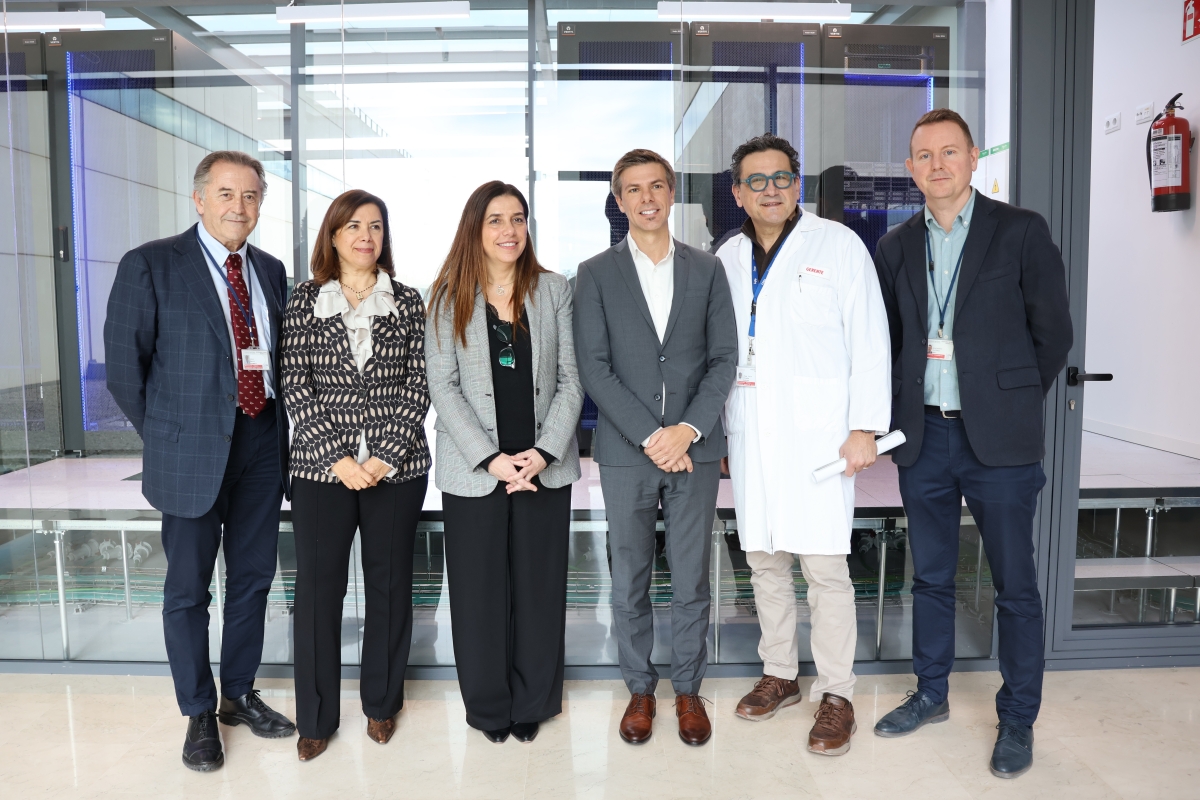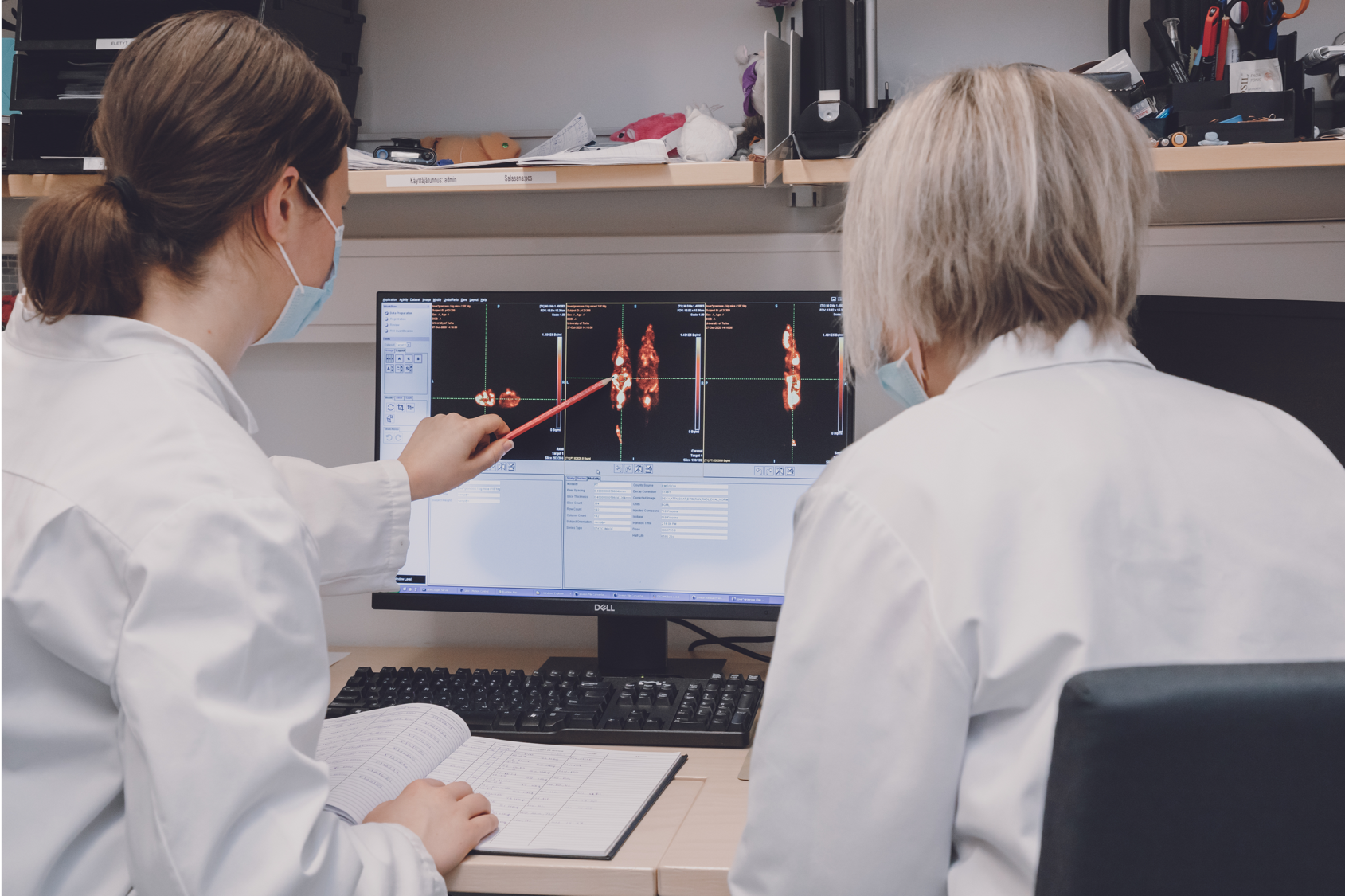
February 13, 2026
Euro-BioImaging at 3C-CoDash Hackathon
Bugra Oezdemir, our image data tools specialist from the Euro-BioImaging Bio-Hub team, had the pleasure of co-leading a session at the Data Science 3C-CoDash…
Remote access to Research Infrastructures (RI) services has become a hot topic since the pandemic in 2020. Euro-BioImaging Nodes and Hub have worked hard to improve and adapt the Euro-BioImaging services available remotely (learn more here). And while the current pandemic context may not restrict our operations or travel significantly, continuing developments in remote access are critical to ensure sustainability and resilience of Research Infrastructure services while also further democratizing the access opportunities for new user groups.
To address these challenges in a cross-domain manner, Euro-BioImaging is delighted to participate in the eRImote project, which officially launched on June 1st. The project with the full title “Pathways to Improved resilience through Remote/Digital Access for European Research Infrastructures” – is the first to launch in a series of recently announced, Horizon Europe funded, cross-RI projects that Euro-BioImaging participates in.
The eRImote consortium is coordinated by DESY (German Electron Synchrotron) and brings together 12 partners from a wide range of different scientific domains covering the social, physical, environmental and life sciences. Euro-BioImaging, along with partner RIs Instruct and Infrafrontier, represents the life science Research Infrastructures in this project.
The eRImote project is the first to consider solutions for digital and remote service provision across RI domains and to look for transferable practices and new developments that will improve accessibility and resilience of Research Infrastructures. While existing processes will be collected, eRImote will also explore new solutions using defined use cases to develop and test their implementation in RI scenarios.
The central pillars of the eRImote project are:
Collect information on all aspects of remote and digital access across domains through workshops and expert groups
Develop an information platform to make the compiled best practices and tools for remote/digital access openly available
Develop joint recommendations for the transition to remote/digital access through use cases and a green paper
Reach out beyond the consortium and engage stakeholders
Euro-BioImaging plays a central role in this project, co-leading a work package and driving one of the 5 use cases. Our participation in this project is a reflection of the dedication of the Euro-BioImaging Nodes in developing and sharing their remote access approaches, particularly via the work of the Euro-BioImaging Expert Group for Remote Access and Training.
In the 30 months that the eRImote project will run, there will be a lot of opportunities for the Euro-BioImaging Nodes as well as the broader imaging community to participate in workshops, expert groups and our use case. Through this engagement and the information platform developed in the project, the community will be immediately able to make use of tools and solutions for remote/digital access shared in the consortium and simultaneously impact the final recommendations developed in the framework of the project.
We will provide more information as the project gets underway and the first workshops are planned. If you are interested in the topic of remote access to imaging facilities, you can subscribe to receive more information here.

February 13, 2026
Bugra Oezdemir, our image data tools specialist from the Euro-BioImaging Bio-Hub team, had the pleasure of co-leading a session at the Data Science 3C-CoDash…

February 12, 2026
The IIS La Fe (Instituto de Investigación Sanitaria La Fe) in Valencia, hosting the Euro-BioImaging Radiology and Medical Imaging Valencia Node, has inaugurated…

February 11, 2026
Today is the International Day of Women and Girls in Science. And tomorrow. And the day after that. The images below show our everyday.